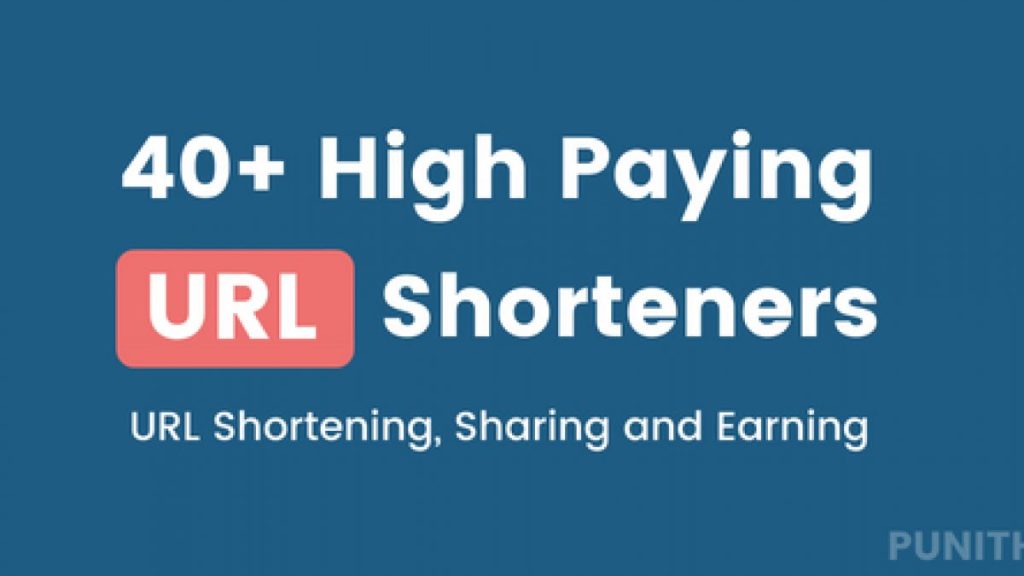
A link shortener is a tool that helps you share, track and brand links. Whether you’re using it for social media or email marketing, shortened links are easier to click, and can fit into character-limited spaces like Twitter tweets and Instagram bios. Some also offer tracking capabilities to help you better understand how your audience is engaging with your content.
When choosing a link shortener, look for one that’s integrated with the rest of your workflow. You want it to be an easy, automatic part of your process, not another item on your to-do list. For example, if you use Buffer to schedule posts across your social platforms, a URL shortener that integrates with the app can create shortened links automatically. This way, you don’t have to manually enter them into each platform—and you can see how they’re performing in real time.
Many of the most popular link shorteners offer free accounts that allow you to create a limited number of branded links and track performance. For more features, consider paying for a premium account. Bitly is a good example: its basic plan offers ten unique links per month, five of which can have a custom back half. It also offers paid plans that start at $8 a month for a more comprehensive suite of link-related tools, such as advanced analytics, custom domain names and multi-user accounts.
Using a link shortener is essential for any business that wants to improve its online visibility and drive traffic to its website. The process is simple: simply paste the original long URL into the shortener, and you’ll be presented with a new, shortened link. If you want to make the link more memorable, just add a few characters to the end of it, such as your company’s name or a relevant keyword.
While shortened links are great for sharing on social media and other platforms, they can also be used in print ads or on physical signage. Having an easy-to-read, professional-looking link can help build trust with your audience and help them feel more confident about clicking on your content.
However, it’s important to remember that link shorteners can create accessibility issues. Most generate links that consist of a random mix of letters and numbers that tell users nothing about the content they’re visiting or where it is hosted. This isn’t ideal for anyone, but can be particularly frustrating for people who rely on assistive technologies.